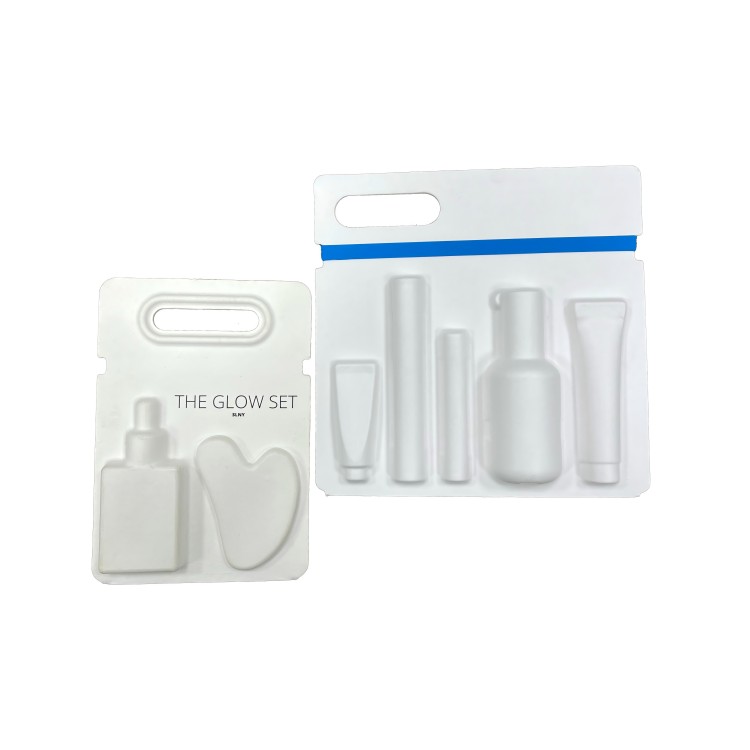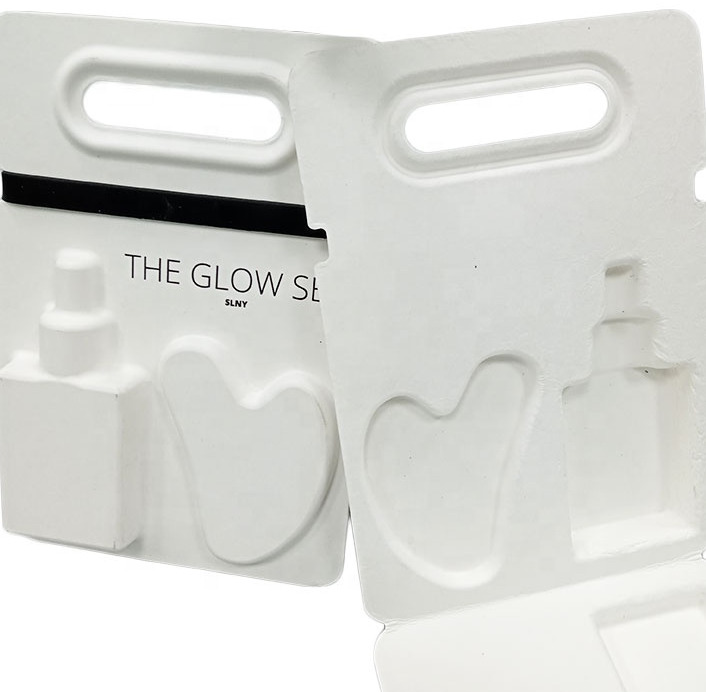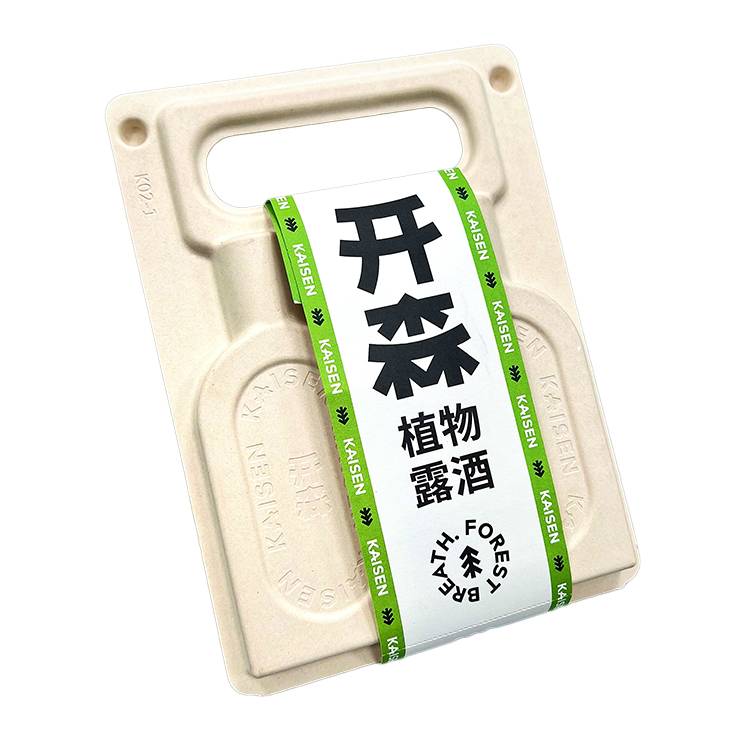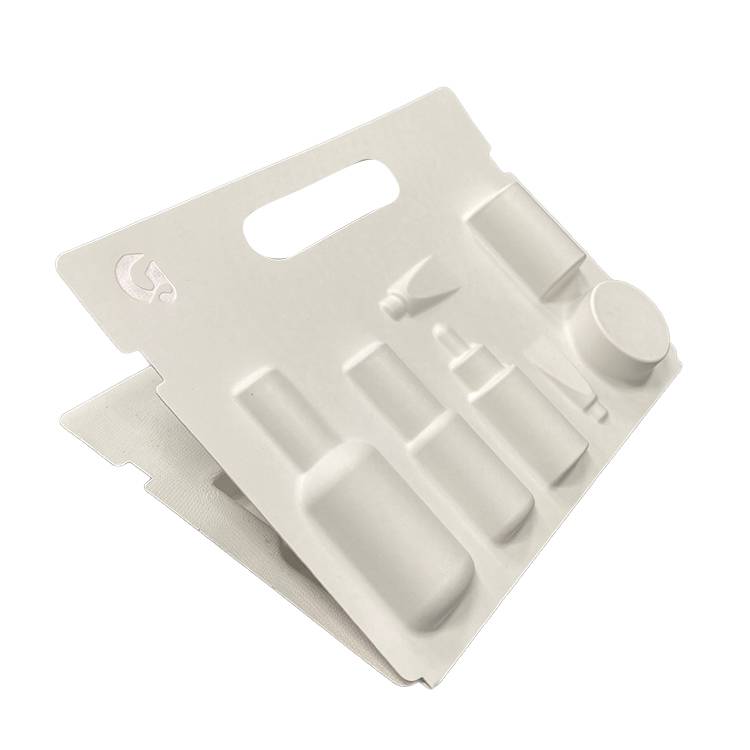In today's world, sustainability and environmental consciousness have become critical considerations in packaging design. As industries shift towards greener alternatives, molded pulp packaging has emerged as the most effective and eco-friendly option. Made from recycled materials like paper, cardboard, and other plant fibers, molded pulp packaging not only reduces waste but also provides a durable and versatile solution across various industries.
What is Molded Pulp Packaging?
Molded pulp, also known as fiber packaging or molded fiber, is made by transforming raw materials like recycled paper into custom-designed packaging through a molding process. There are two main types of pulp molding processes: dry-pressed molded pulp and wet-pressed pulp. Both methods offer distinct advantages, but dry-pressed is particularly effective for protective packaging, while wet-pressed is known for its smooth surface and aesthetic appeal.

Why Choose Molded Pulp for Eco-Friendly Packaging?
1. Sustainability: Molded pulp packaging is entirely biodegradable, compostable, and recyclable, making it the ideal alternative to traditional packaging materials like plastic and styrofoam. The use of recycled fibers in dry-pressed fiber packaging reduces the demand for virgin materials, helping conserve natural resources.
2. Versatility: Molded pulp packaging is highly adaptable and can be used across a wide range of industries. Whether it’s protecting fragile electronics, food products, or industrial equipment, this material can be molded into custom shapes and designs to fit any product, providing both protection and support.
3. Cost-Effectiveness: Compared to other eco-friendly alternatives, such as bio-based plastics, molded pulp is cost-effective due to its simple manufacturing process and the abundance of raw materials. Dry-molded pulp can be produced quickly and at a lower cost, particularly for large-scale packaging needs.
4. Lightweight and Durable: Despite being made from lightweight materials, dry-pressed paper pulp is incredibly durable, making it ideal for protecting fragile or high-value items during transport. The material absorbs shock and resists compression, which reduces product damage.
5. Regulatory Compliance: As governments and environmental bodies push for stricter regulations on non-biodegradable packaging, adopting molded pulp packaging is a proactive step towards compliance with global packaging standards.


Molded Pulp in Various Industries
Molded pulp packaging is widely used in sectors such as consumer electronics, cosmetics, food packaging, and agriculture. For example, dry-pressed fiber packaging is commonly used for egg cartons, protective trays for industrial equipment, and in the food industry for disposable containers. Dry-pressed molded pulp packaging is not only effective for protection but also presents an eco-friendly image that resonates with today’s environmentally conscious consumers.
Conclusion:
For companies looking to align with sustainable practices, molded pulp packaging represents the best choice for environmentally responsible packaging. With its many benefits, including sustainability, versatility, and cost-efficiency, this packaging solution is set to dominate the future of eco-friendly packaging solutions

